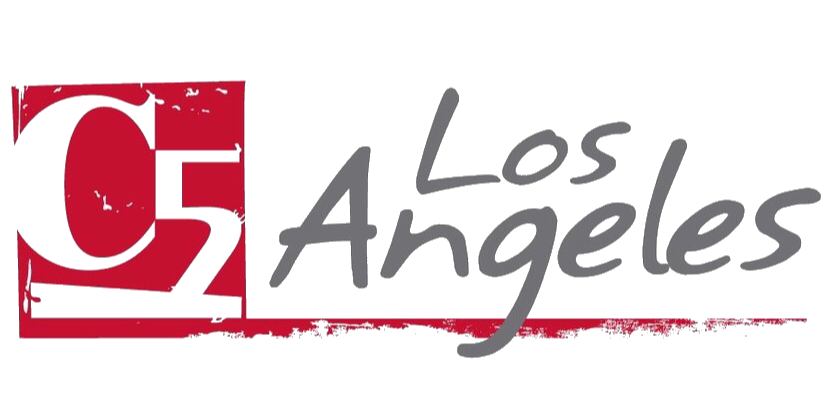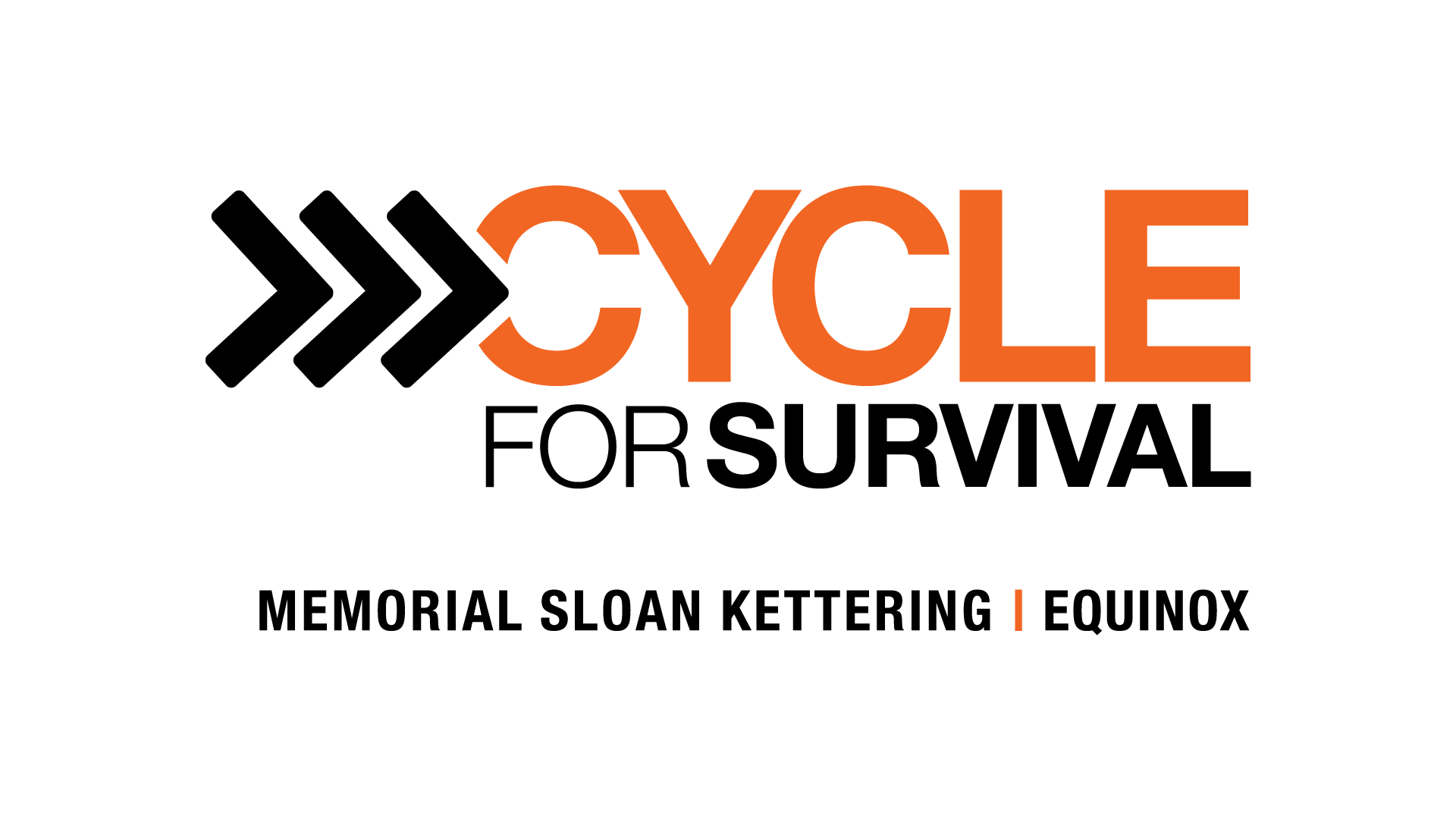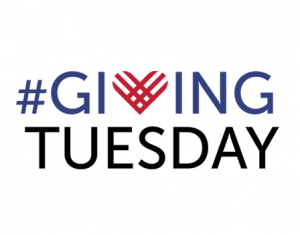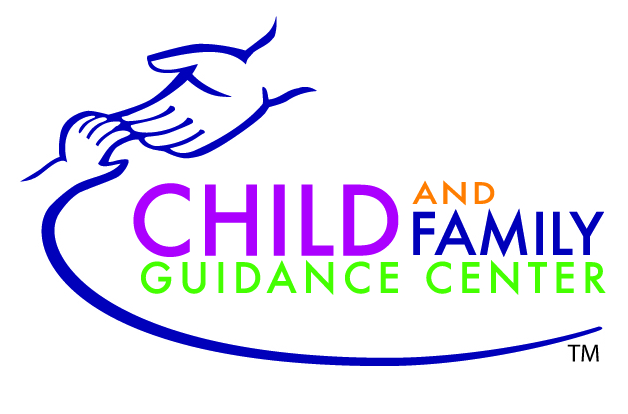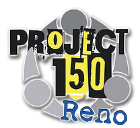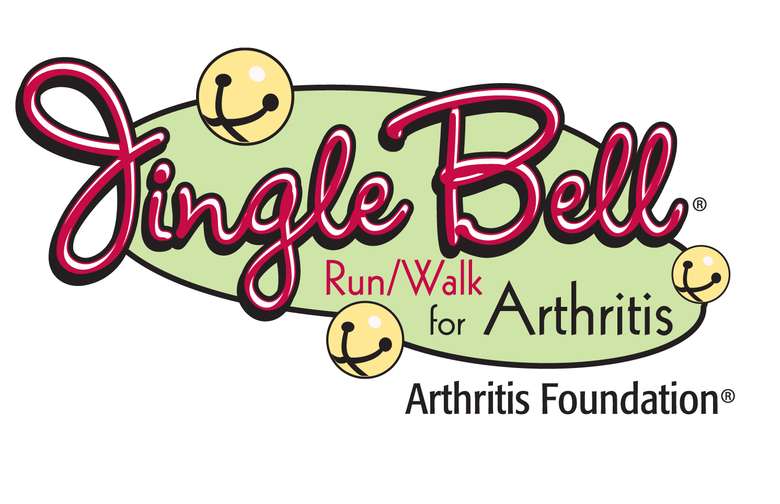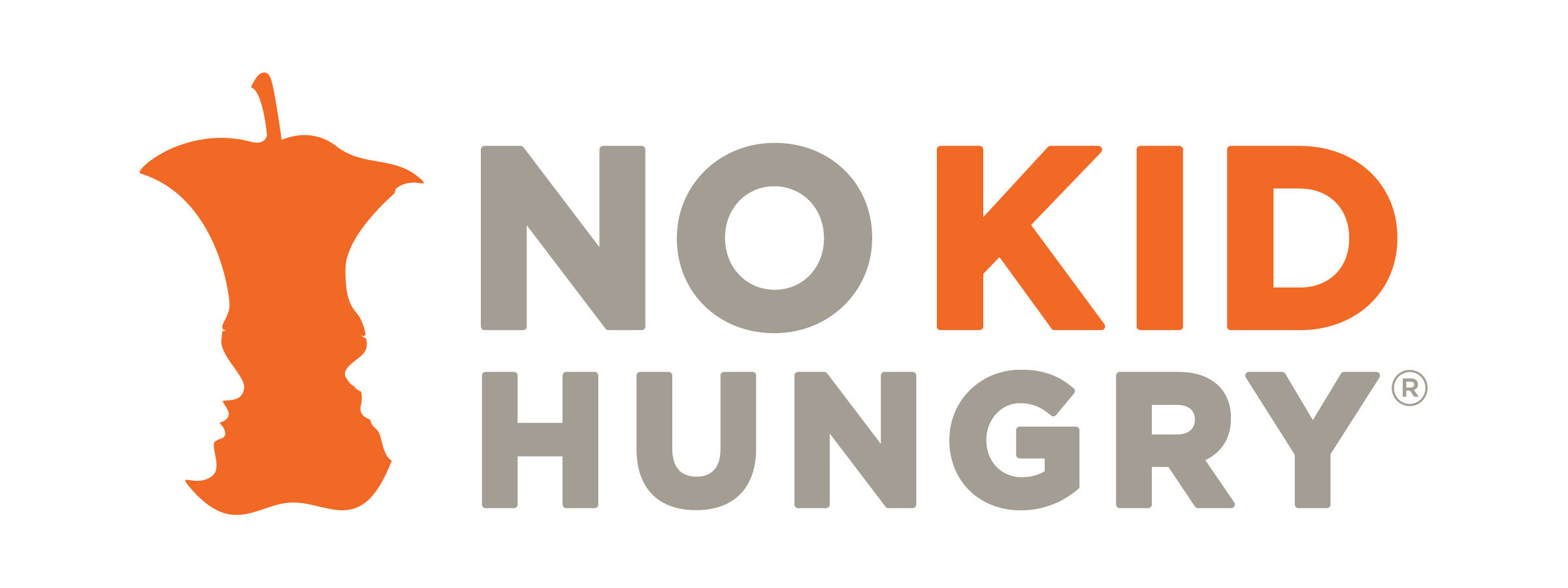Corporate Responsibility

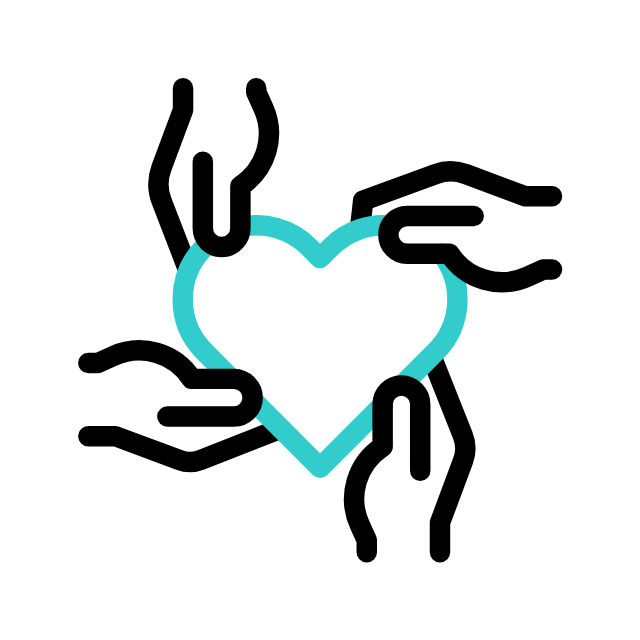
Our purpose – building a better company and benefiting society – is at the pulse of everything we do. Our services help build trust in the world of commercial transactions and employment sectors and our corporate responsibility strategies benefit society as a whole. Every SI colleague plays an integral part in our corporate responsibility program and is empowered to make a positive social impact.
Scherzer International executives, employees, and their families strive to be involved in their communities year-round through company volunteering, charitable donations, and employee participation. Scherzer International supports local organizations, charitable programs, and philanthropic efforts throughout California and Ohio.
GivingTuesday reimagines a world built upon shared humanity and generosity.
Our global network collaborates year-round to inspire generosity around the world, with a common mission to build a world where generosity is part of everyday life.
Since they first opened their doors in 1967, they have helped students from a diverse range of backgrounds, ethnicities, and ages, discover their passions and career goals. As one of three colleges in the Ventura County Community College District, we work hard to meet the educational and cultural needs of our student community and the community as a whole.
GivingTuesday reimagines a world built upon shared humanity and generosity.
Our global network collaborates year-round to inspire generosity around the world, with a common mission to build a world where generosity is part of everyday life.
History
Project 150 was inspired by a news story in 2011 about 150 homeless students at a high school in Las Vegas. Two friends rallied their colleagues and families to provide for those students and created a non-profit when they realized these students faced an on-going need. Today Project 150 serves 58 Las Vegas high schools.
Reno’s Beginning
Project 150 Reno was started in 2014 by a dedicated group of volunteers following the same mission – serve homeless, displaced, and disadvantaged students so they could focus on high school and graduate. The Reno group started by collaborating with a few high schools to provide food, clothing, school supplies, and food along with sponsoring shopping days three times a year to distribute additional supplies to students in need.
Today
Today Project 150 Reno has provided basic need items to over 30 schools in Northern Nevada with many schools having a permanent closet that is stocked by Project 150 Reno liaisons.
What started as teen shopping days held three times per year in a church or warehouse has now evolved into a permanent boutique that can provide basic needs to student on weekly basis. The Project 150 Reno Boutique held its grand opening in April 2019 and will continue to expand access to students needing basic supplies.
DCFS operates with three main goals in mind for the children under our care: Safety, Well-Being and Permanency. We are committed to ensuring that all children have access to loving and safe homes, and that families have what they need to help their children thrive.
Free Arts was founded in 1977 to bring art to children in foster homes in order to help them recover from the abuse and trauma they had suffered.
Today Free Arts provides creative arts programs to more than 22,000 children in Los Angeles annually. Programs are implemented by expert trained facilitators with the assistance of nearly 200 adult volunteer mentors, who donate more than 14,000 hours every year. Volunteers must complete a two-day training course based on the program curricula in order to work directly with children.
DCFS operates with three main goals in mind for the children under our care: Safety, Well-Being and Permanency. We are committed to ensuring that all children have access to loving and safe homes, and that families have what they need to help their children thrive.
Often those who need our help are elderly, disabled, returning veterans or simply those who find themselves in an emergency situation without the funds to get the help their pets desperately need. For many people their pets are their only family, and a constant source of unconditional love. We believe no one should ever have to choose between taking care of their four-footed family member or putting food on the table.



